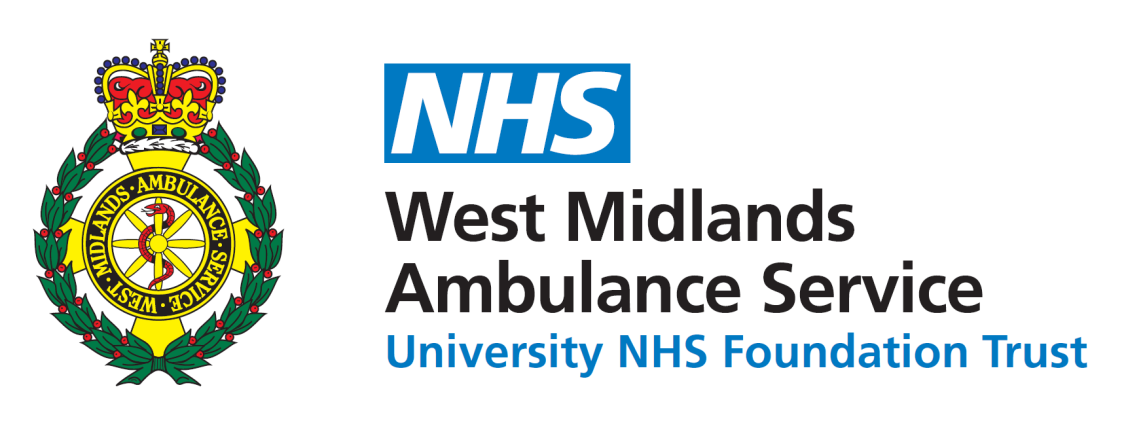Aims
To understand whether or not running a virtual Covid-19 ward in Birmingham would be beneficial.
Background
The Covid-19 pandemic is still causing a high number of admissions to hospital and a high mortality rate. To reduce the burden on hospital beds, a virtual Covid-19 ward has been suggested by NHS England and Trusts are being asked to implement it across the UK as soon as possible.
In a virtual ward, patients remain at home and have a daily telephone or video consultation to see how they are feeling. They are also sent home with an oxygen monitor to take their own readings. The patient would be advised to return to hospital if their oxygen levels are low or they have increased symptoms.
Two NHS Trusts have already been running a virtual ward, but these areas have a significantly lower burden of Covid-19 than Birmingham. The virtual ward has been discussed with clinical staff, who have voiced concerns about how it may work in practice, as running the virtual ward may remove doctors and nurses from frontline care duties.
Research
This research will help to understand the impact of running a virtual Covid-19 ward in a large and busy hospital, and the potential benefits it might bring. Finding will be shared with NHS England to inform national policy.
UHB provides health care to >2.2 million patients per year and has seen some of the highest rates of Covid-19 admissions nationally. This project will look at the anonymised health data of patients admitted with Covid-19 and assess what proportion might have been suitable for a virtual ward. The project will track what happened to these patients; whether they were admitted to hospital, if so for how long; if they were sent home and whether they recovered from this infection or needed additional medical support.
The research will also assess what would be the staff levels needed to run a virtual ward depending on the potential demand, and what effect this might have on the rest of the workforce.
This research will help the clinical team at UHB and NHS England understand whether a virtual ward system is helpful for patients and is associated with better outcomes, or whether the staff that might be needed to run a virtual ward would be more effective in other roles.
Patient involvement
This study has been discussed with Covid-19 survivors, who expressed support for the research. Although most agreed that receiving a phone call would be very reassuring, they were concerned about diverting staff from other duties. This group will support creating lay summaries of the results in different local languages.
Approval
This project was supported unanimously by the PIONEER Data Trust Committee.
Principal investigator
Professor Simon Ball, University Hospitals Birmingham NHS Foundation Trust




